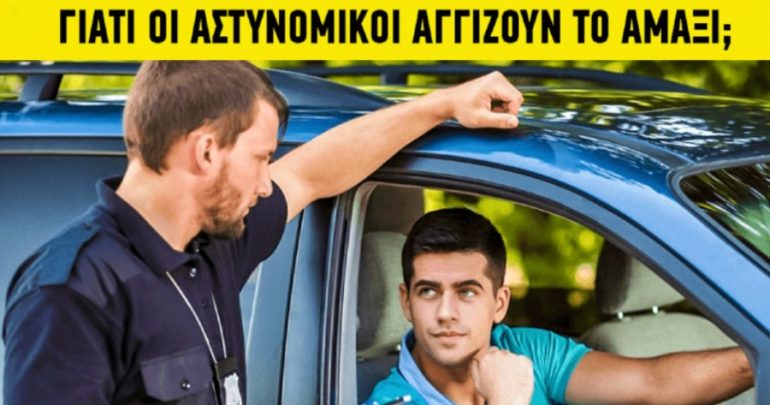Contact with the police is a situation that you will all find at some point in your life, even if you are legal and have not broken the law.
It is important to know what your rights are and how you should behave if you find yourself in this situation, which is not very convenient.

-You have the right to remain silent, that is, to refuse to answer their questions. This does not mean that you can avoid them, but tell them that you know your rights.
-You will have to answer questions about your name and where you live. Once you have this information, ask, "Can I leave?" and if the answer is "Yes", you can leave.
-If you are a tourist visiting a foreign country, always have with you a copy of your passport or identity card, a copy of your visa, tourist voucher or the hotel business card.
-Respect and remember that it is always a bad idea to touch a police officer, even in a friendly way.
- The fact that the police approach you and ask you questions does not mean that you are a suspect or that you have committed a crime. They have the power to approach and ask questions. However, if they do not allow you to leave after you have asked for it or after you have stated your rights, then they may suspect that you have done something illegal.

No, you have the right to remain silent. You will never be punished for not answering a question. In fact, before agreeing to answer any questions, consult a lawyer first. Just say, "I want to talk to my lawyer." Remember, only a judge can force you to answer questions in court.

If you are asked by police to leave a public place, they may suspect that:
-You can cause quarrels or disturb the peace.
-You are very drunk or under the influence of drugs and you may be dangerous to the people around you.
-You may cause injury or damage to someone's property.
- You are homeless.
- You have mental problems.
It does not have to be in writing, they can just ask you.
The police can not ask you to leave if you are protesting against certain political issues or if you are on a strike for work.

-Stay in the car, stay calm and polite.
-Keep your hands behind the wheel so that the police can see them at any time.
-Do not open your window completely.
-Show your documents, such as your driver's license, registration certificate and vehicle insurance, if the police officer asks to see them.
- Get out if the officers ask.
-Answer the questions that are mentioned ONLY at the stop of your vehicle.
- Refuse to answer questions about all other topics. Say it out loud.

The police want to leave their fingerprints on the vehicle. The fingerprints left in the car can prove that the officer actually approached the vehicle and had a meeting with that driver. In case of emergency, the driver can be found due to the fingerprints left in his car.
Officers try to annoy drivers before they even approach their window.
Today, most police cars have cameras on the dashboard and police officers do not have to leave their fingerprints as proof of the meeting.

-Note the officer's badge number, name or any other identification information. The police officer is obliged to answer these questions.
-Try to find witnesses and get their names and phone numbers.
-If you are injured, seek medical help, take photos of the injuries and copy all documents from the doctor.
-Call a lawyer. You should also file a complaint against the officer who is responsible for your abuse.

- Do not agree to bribe them.
-Accept the fine if there is a real reason.
-Most police officers who encourage bribery will make sure that you can not see their badge number or name. If you can see this identification information, make a note of it.
-Pay attention to any visible license plates or the location of the block. This information will help you locate the officer later.
-Do not quarrel, do not threaten and do not warn the police officer.
- Show courtesy and respect at all times.
-Continue your course and report the incident later.

- Do not open the door.
Ask at the door if they have a warrant.
-If the answer is no, do not let them enter your house and do not answer any questions. Just say "I do not want to talk to you".
-If your officers confirm that they have a warrant, make sure you see it before opening the door. Ask them to go under the door or show it to you in any other way so you can read it without opening it.
-If you have already gone out, close the door behind you and ask to see the warrant.
Confirm that the search warrant contains the name of the judge, your full name and address, the date it was issued, the place to be searched, a description of the items being searched and the name of the search service.
-Check if there are errors in the warrant and point them out to the officers.
-Do not consent to the search if you find any mistakes, but never quarrel and do not intervene if the officers decide to carry out the search.
-Call your lawyer as soon as possible.
Ask if you can watch the survey. If you are allowed to, stay and watch carefully.
-Write all available information: names, signal numbers, vehicle license plates, name of service, check if all officers are from the same service and if they take anything from home.
-Find a witness to watch the investigation with you.

-No, unless you give your permission. If you do not want to be searched for your car, bag or belongings, you must say out loud: "I do not agree".
-Yes, if the officer has the legal permission to do so, for example if he has a warrant.
-Yes, if they have a "probable reason" to believe that you have been involved in a crime or that you have evidence of a crime in your bag, car or belongings.
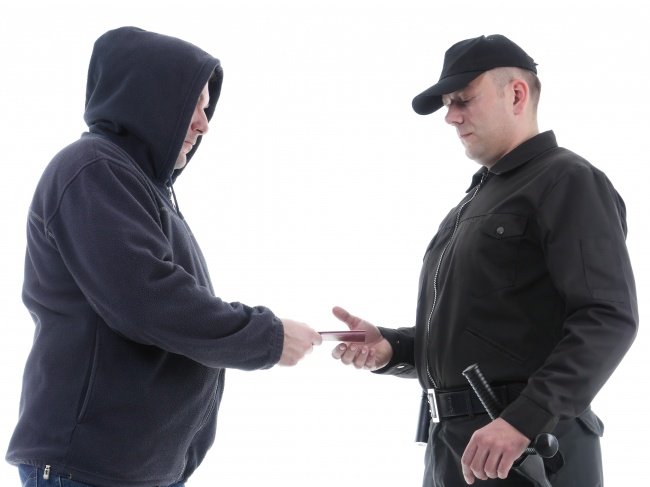
Always have your immigration documents with you at all times. These documents are often called "alien registration" documents. The type of documents you need to carry depends on your immigration status.
Non-compliance with the transfer of valid immigration documents can be a misdemeanor, but sometimes you may even be arrested.
-Keep a copy of your documents in a safe place and ask for their immediate replacement if you lose them or if they are about to expire.
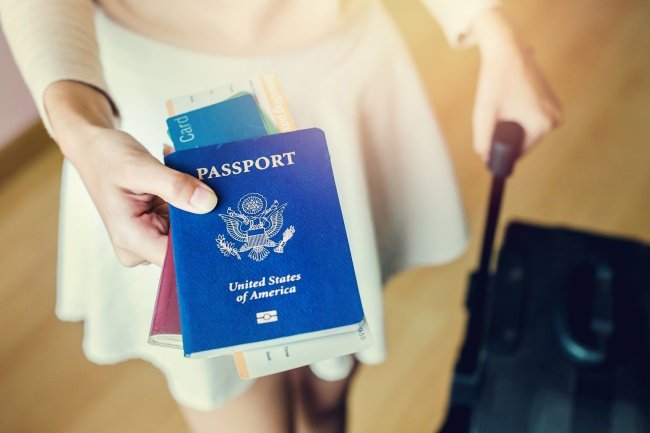
-Customs officers have the right to stop, detain and search for any person or object.
-Security inspectors have the power to stop you and search you or your bags. But they can not choose you on the basis of nationality, race, gender, religion or ethnic background.
-If you are not a citizen of the country, you must have your green card or other valid immigration status documents with you.

Yes, they can. And they are allowed to make copies of the information contained in the files. If you are selected for such a survey, write the name of the person conducting it and the name of their service. We advise you to submit an objection to this service to find out the reason for the inquiry.
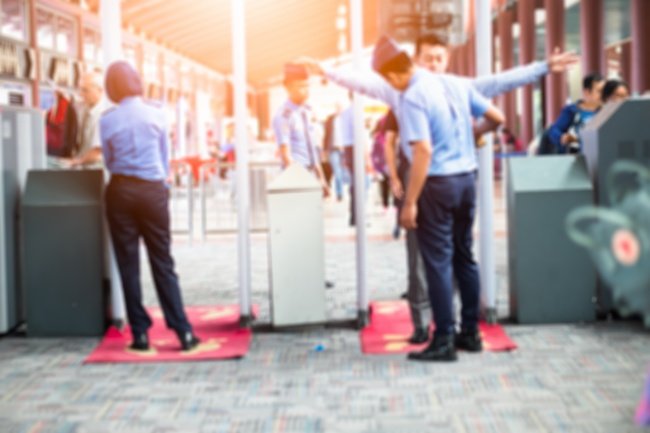
It is not something ordinary. If it happens at the border it means that the officers have some "reasonable suspicions". However, the control should always be done in private and not in public.
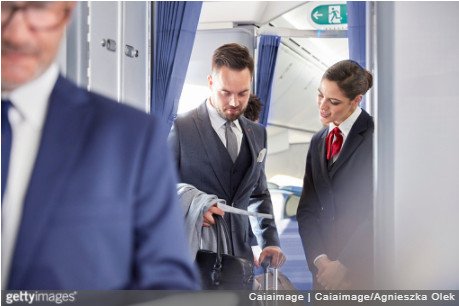
The pilot has the right to refuse to start the flight if a passenger is considered dangerous to the safety of the flight, for example if he is drunk, aggressive or dangerous to the other passengers and crew.
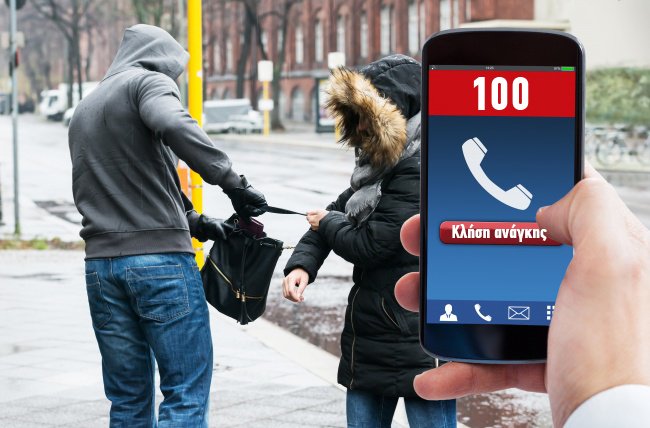
-Protect yourself. Run, call for help or hide. Do whatever it takes to avoid getting hurt.
-Check if someone needs help and call the emergency number to report the crime to seek medical help and police intervention.
-Do not touch or move anything: it may damage or contaminate critical items.
Focus on what is happening around you. Pay attention and observe people, vehicle models and license numbers or any other discreet details, if possible.
-Take a photo or video.
-When the police arrive, explain what you saw and answer all the questions honestly. Police can not force anyone to make a statement. However, they can provide you with a document stating that you must appear in court or provide specific information upon request.

-In case of emergency, call the emergency number. Make sure you have it in your contacts.
-In any other case, such as a crime committed in the past or if no one is in immediate danger, you should call the local police department.
Stay calm and always show respect, never try to quarrel or touch a police officer and always express your disagreement loudly and clearly.
via
